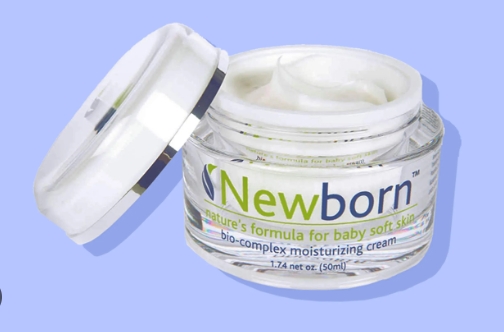Choosing the Best Moisturizer for Your Newborn
Caring for a newborn’s delicate skin is important, especially when it comes to choosing the right moisturizer. With so many options available on the market, it can be overwhelming to decide which one is best for your little one. Here are some tips to help you choose the best moisturizer for your newborn:
1. Look for gentle, fragrance-free formulas
Newborns have sensitive skin that can easily become irritated by harsh chemicals and fragrances. Look for moisturizers that are specifically formulated for baby’s delicate skin and are free of fragrances, dyes, and other potentially irritating ingredients.
2. Opt for natural ingredients
Natural ingredients, such as aloe vera, shea butter, and coconut oil, are gentle and nourishing for a baby’s skin. Look for moisturizers that contain these natural ingredients to help keep your baby’s skin soft and hydrated.
3. Choose a hypoallergenic formula
To reduce the risk of allergic reactions, choose a moisturizer that is hypoallergenic. This means that the product has been specifically formulated to minimize the risk of triggering allergies in sensitive skin.
4. Check for pediatrician recommendations
Consult with your pediatrician before choosing a moisturizer for your newborn. They may have specific recommendations based on your baby’s skin type and any skin conditions they may have.
5. Consider the season
In colder months, opt for a thicker, more emollient moisturizer to help protect your baby’s skin from dryness and chapping. In warmer months, a lighter, water-based moisturizer may be more suitable.
6. Test the product on a small patch of skin first
Before applying a new moisturizer all over your baby’s body, test it on a small patch of skin first to make sure there are no adverse reactions. If any redness, itching, or irritation occurs, discontinue use immediately.
By following these tips, you can choose the best moisturizer for your newborn and help keep their skin soft, smooth, and healthy. Remember to always read the label, consult with your pediatrician, and monitor your baby’s skin for any signs of irritation or reaction.

